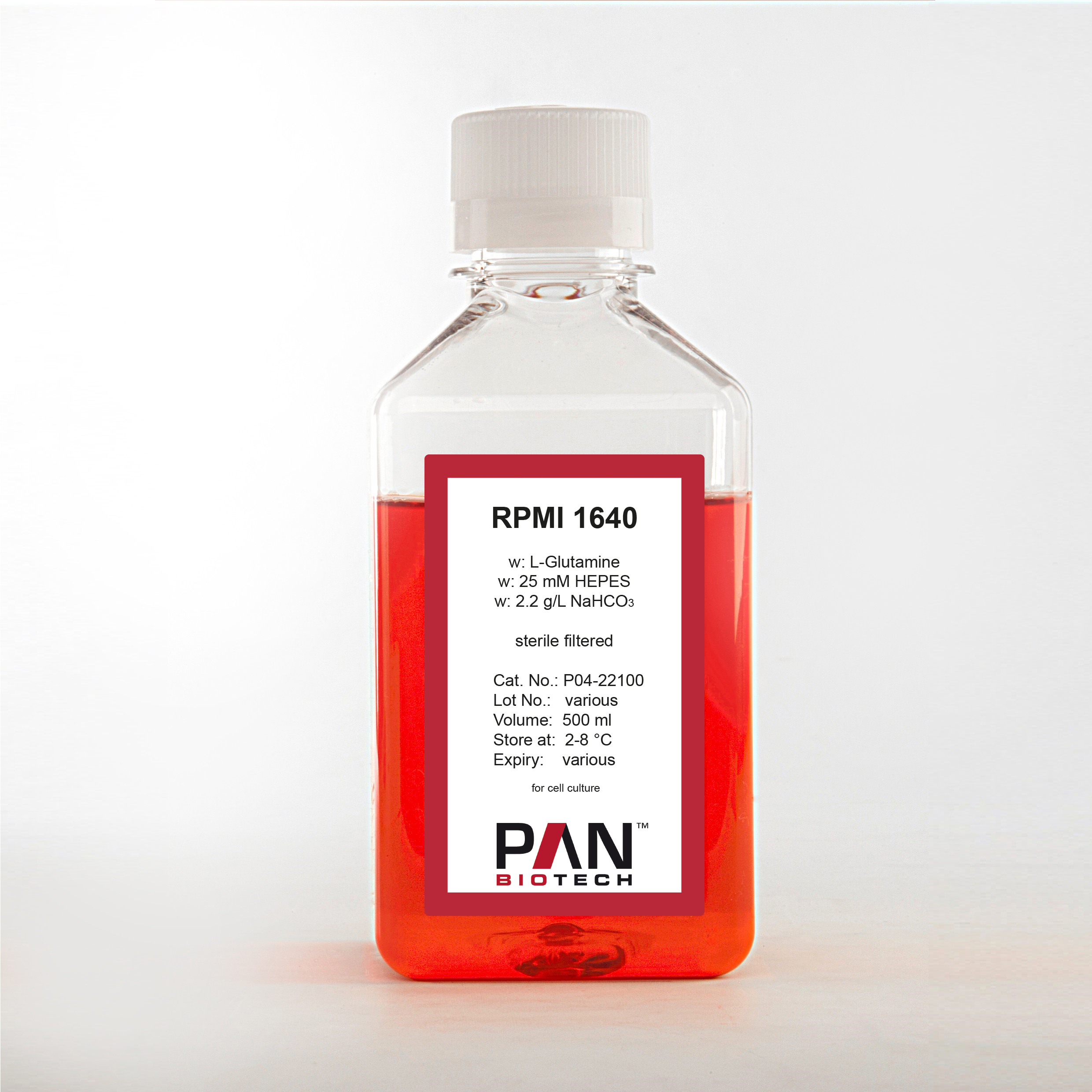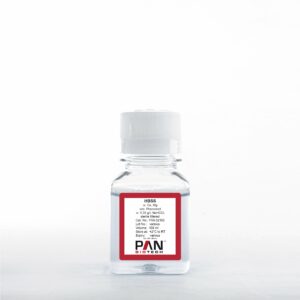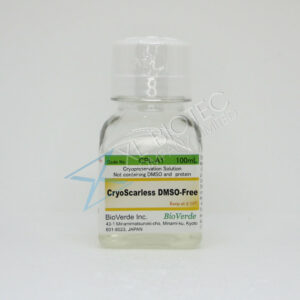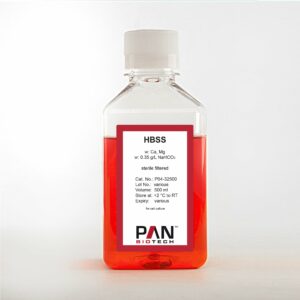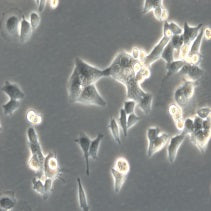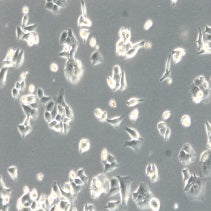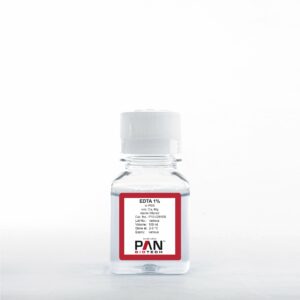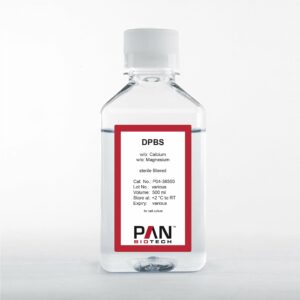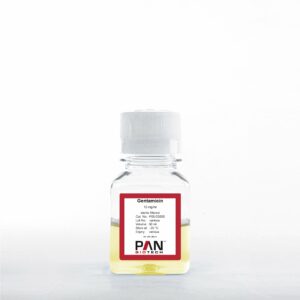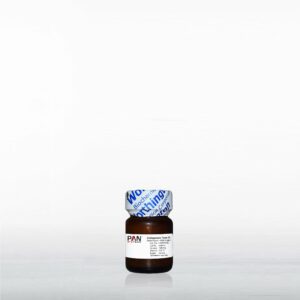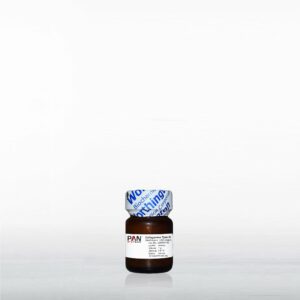RPMI 1640, w: L-Glutamine, w: 25 mM HEPES, w: 2.2 g/L NaHCO3
฿1,190.00
Product information “RPMI 1640, w: L-Glutamine, w: 25 mM HEPES, w: 2.2 g/L NaHCO3”
Development and Usage of RPMI 1640 Media in Tissue Culture
Tissue culture refers to the growth and maintenance of cells outside of their original body, typically in a lab setting. One of the crucial aspects of ensuring healthy cell growth and maintenance is the culture medium. RPMI 1640 is one such medium that has been extensively used for this purpose.
Development of RPMI 1640: RPMI 1640 was originally developed by Moore et al. in the 1960s at Roswell Park Memorial Institute, from which the name RPMI derives. RPMI 1640 was specifically designed to support the growth of human leukemia cells. Over time, this medium has undergone modifications to cater to the growth requirements of various cell lines.
Composition: RPMI 1640 contains a mix of amino acids, salts, glucose, and vitamins. Sometimes, RPMI 1640 is supplemented with other components, such as fetal bovine serum (FBS), which provides additional growth factors, nutrients, and proteins essential for cell growth.
Usage: RPMI 1640 has become a staple in cell culture laboratories around the world. It is utilized in the culture of a wide variety of mammalian cells, including immune cells like lymphocytes. RPMI 1640’s versatility can be attributed to its balanced formulation that supports the growth and proliferation of a broad spectrum of cells.
Advantages of RPMI 1640: One major advantage of RPMI 1640 is its ability to support the rapid growth of cells, especially when supplemented with serum. Additionally, RPMI 1640 can be modified to meet specific needs, such as the addition of antibiotics to ward off potential bacterial contamination.
Specialized Uses: Beyond routine cell culture, RPMI 1640 is also used in specific applications such as cytotoxicity assays, antibody production, and the culture of tumor cells for drug screening.
Storage and Handling: To ensure the efficacy of RPMI 1640, proper storage and handling are essential. Typically, RPMI 1640 is stored at 2-8°C in the dark. Before using RPMI 1640, it’s essential to check for any signs of contamination, discoloration, or precipitation. Furthermore, while preparing cells for culture, it’s common practice to warm the RPMI 1640 to 37°C, which is closer to the physiological temperature.
In conclusion, RPMI 1640 is an indispensable tool in the world of cell culture. Its adaptability and proven track record make it a go-to medium for various cell types and experimental needs. Whether for research or clinical purposes, RPMI 1640 continues to play a pivotal role in advancing our understanding of cellular biology and therapeutic applications.
| Bicarbonate: | with Sodium Bicarbonate |
|---|---|
| Endotoxin Content: | Endotoxin Content unspecified |
| Glucose: | With Glucose |
| Glutamine: | L-Glutamine |
| HEPES: | with HEPES |
| Liquid / Powder: | liquid |
| Phenol Red: | with Phenol Red |
| Product Category: | Cell Culture Media |
| Product Type: | RPMI 1640 |
| Size: | 500 ml |
| Sodium Pyruvate: | without Sodium Pyruvate |
| Sterile: | Yes |
| Storage Temprature: | +2°C – +8°C |
| Vendor | PAN Biotech |
|---|
Related products
Tissue Culture
Tissue Culture
Tissue Culture
Tissue Culture
Tissue Culture
Tissue Culture
Tissue Culture
Tissue Culture


